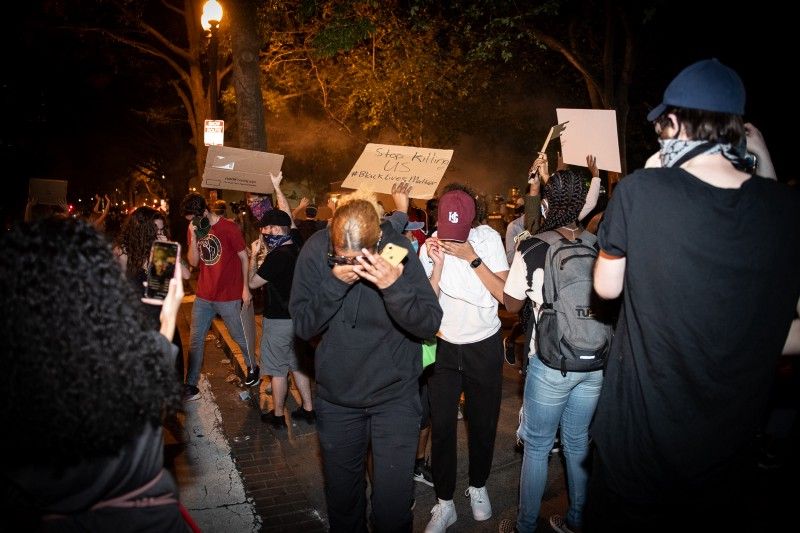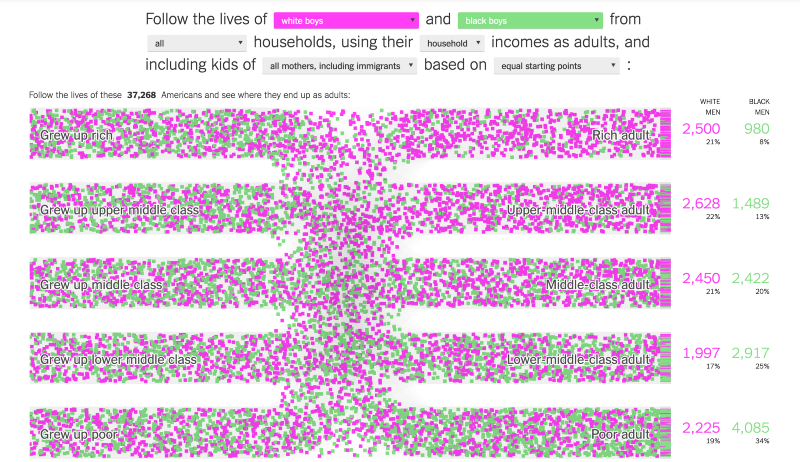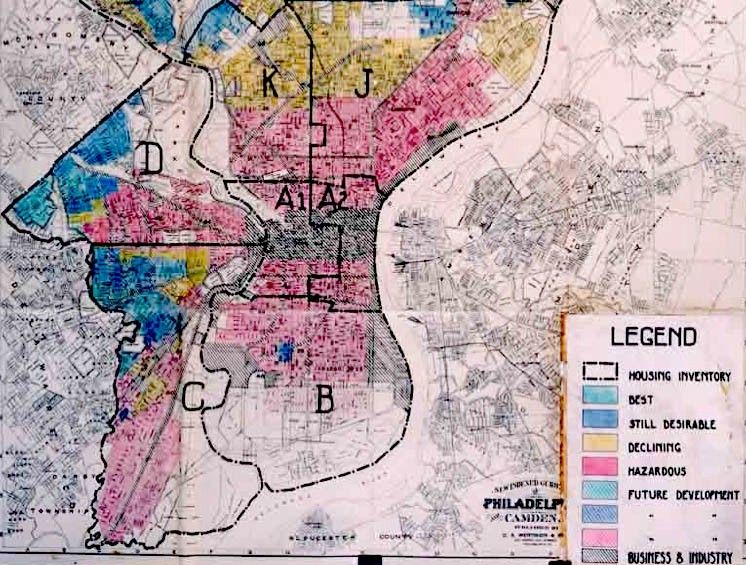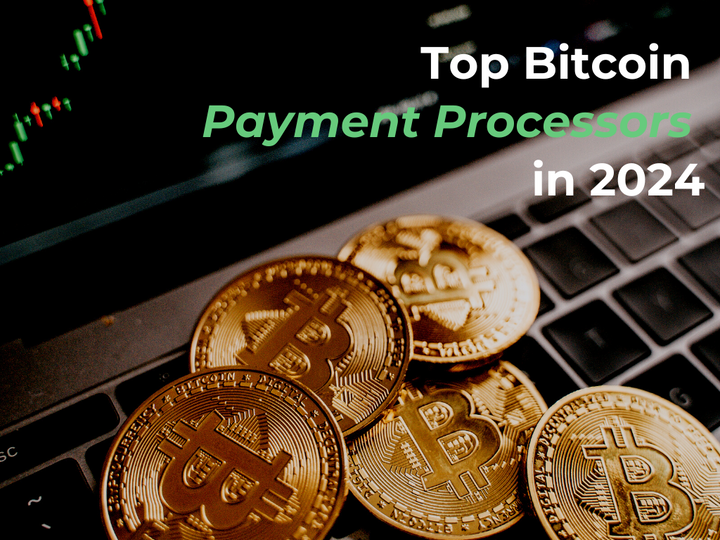Overcoming Systematic Racism with Bitcoin
The United States is a racist society. That isn’t to say, everyone in it is racist, quite the contrary, but the system that runs America…

The United States is a racist society. That isn’t to say, everyone in it is racist, quite the contrary, but the system that runs America, from the police to the economy to housing, is racist. These past weeks, protests have rocked the country as millions of African Americans and their allies fight against this injustice, brought on by the murder of George Floyd at the hands of a cop. It stretches beyond that one murder, however, with the roots of the trauma going back to the founding of the country.
The Black population is at a disadvantage, and we need to be asking ourselves, how do we level the playing field. How do we tear down the systematic oppression that plagues America? Bitcoin can play a role.
Racism was never destroyed in America. Not when the international slave trade was outlawed in 1807. Not when Lincoln won the Civil War. Not when LBJ signed the Civil Rights Act into law in 1964. As a March 2018 article from the New York Times famously showed, Black children earn less than white children from comparable upbringings. Blacks have a humongous wage gap. And, most importantly, black business owners lag significantly behind white business owners. Even in 2018, which saw a 400% growth for African American businesses, they still lagged behind in the number of employees because of a lack of financing.

Entrepreneurship is everything, especially in the US. With the chips stacked against black business owners, how can anyone expect blacks to be able to break through that concrete ceiling? Bitcoin does provide an answer. The first part is obvious, and its Bitcoin’s answer to everything: decentralization.
I have previously written about postcolonialism and Bitcoin, and the possible disruption to the international order. I’ve also interviewed one Nigerian businessman who use Bitcoin with his business that supplies books to school libraries.
Bitcoin’s role in helping black communities stems from the same ideas. After all, African American studies are essentially a form of Postcolonial studies. They face the same issues, as a colonized people.
A big aspect that pushes Black communities in the US down is economics. Poor people will always be treated worse by a society, and thanks to the systematic racism, Blacks are more likely to be and remain poor. Actions such as Redlining historically ensured they remained poor, but even today many parts of the economic system are racist, even down to the wage gap.

Bitcoin bypasses these racist systems. Just as I mentioned with Crypto that would allow African nations to trade with each other, Bitcoin could be used to promote trade within the Black community. They would own their money, they would control their purchasing power, rather than the racist banks that red lined them throughout the second half of the 20th Century.
And Black businesses need it. With investors preferring to pour money into white-owned businesses, and banks offering worsening rates for loans, on top of the pandemic, Black businesses are hurting. Activists have responded by circulating lists of Black businesses to ensure people frequent them. This is good, and Bitcoin could play a role in that, again, by offering store owners a chance to control their sales, rather than worrying about which bank to put it in.
Supporting local Black businesses with Bitcoin also serves to limit the power of large corporations, which often help contribute to the oppression with low wages and bad work environments. As Bitcoin continues to grow, they will struggle to adopt and Black businesses will already have strong Bitcoin support. Shopping local helps fight the oppression.

Ecommerce also helps in this, by allowing local small businesses owned by Blacks not only to sell their goods beyond their local communities, but also to continue operating efficiently during the restrictions from COVID19. Bitcoin can help in spreading ecommerce sales further, by reaching new markets of Bitcoin enthusiasts who want to spend Bitcoin and help fight the oppressive regime.
One of the biggest proponents of using Bitcoin to help fight the oppression is Isaiah Jackson, the Author of “Bitcoin and Black America.” He argues that Bitcoin can be used to circumvent the oppressive regime, but also is good for donations. One of his main points is arguing that if Black Churches accepted donations in Bitcoin, the value of the donations would go up over time, thus allowing them to help more of those in need.
The value of Bitcoin also helps business owners, who can see their profits grow overtime. Since Blacks are often hindered in earning money through “conventional” ways. Bitcoin allows for easy investments to see wealth growth over time. By selling products for Bitcoin, they are instantly gaining an investment.
As I started, America is a racist country. Bitcoin offers a bypass from those racist institutions. It offers easy investments. In 2010, the Supreme Court of the United States ruled that money is speech. If that’s true, Bitcoin is the freedom of speech. It provides the means for oppressed people to fight against their oppressors, and take control of their economic growth.
Is Bitcoin the only answer? Of course not. The US will need to take down many racist institutions in the coming days, months, and years, starting with the police system. It needs to allow the protests to continue, rather than brutally put them down. It needs to fix its system of government to give voice to the people. But in the meantime, Bitcoin can help tear that wall down.


![Top 10 Tools and Resources for Crypto Research [2021]](/content/images/size/w720/max/800/1-kDyyUnRCD656bm2ny-jHag.png)

Comments ()